Professional and high-quality metal alloys, ceramic products and concrete additives | RBOSCHCO
Elementary

High Purity Nano Colloidal Gold CAS 7440-57-5 Gold Colloidal Nanoparticle
Colloidal Silver Nano Silver Solution CAS 7440-22-4
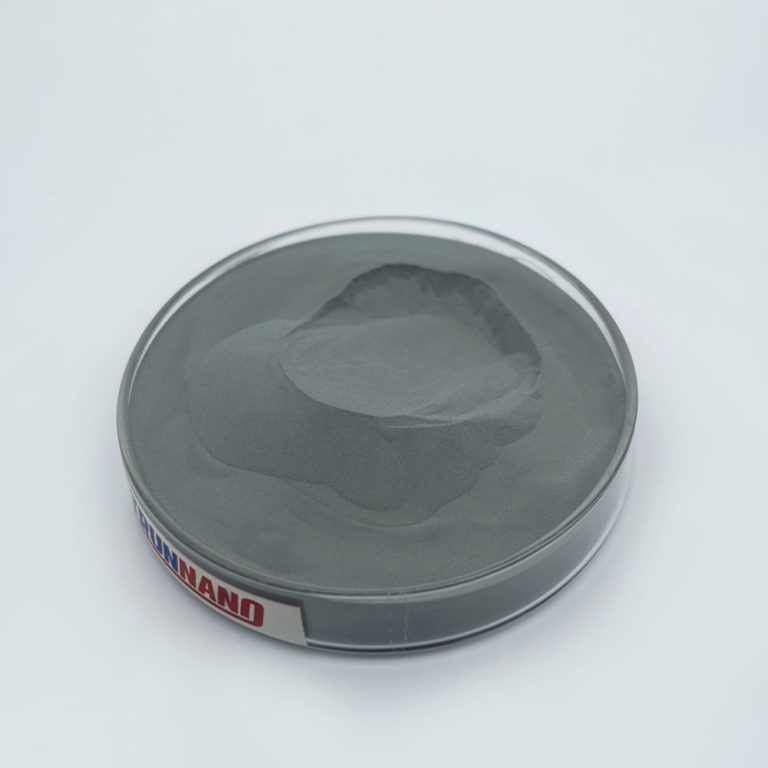
Superfine Pure 99.9% Metal Stannum Sn Powder / Tin Powder
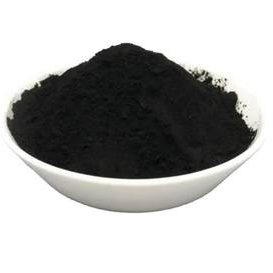
Best Price Industrial Grade 3-8 Layers Nano Graphene Powder Graphene Oxide Powder for Concrete

High Quality Price Titanium Dioxide for Paint Industry Titanium Dioxide Factory White Powder Industrial Grade 7 Day Tio2 1 Ton
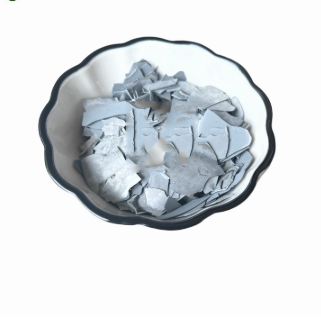
Chromium Chip Chromium Sheet Chromium Flake CAS 7440-47-3
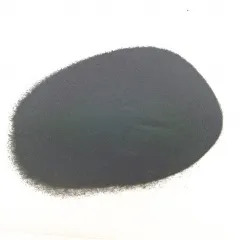
Pure 99.95% Cr Chromium Powder Used for Optical Vacuum Coating

Factory 99% Pure Metal Pure Iron Powder 100 Microns Metal Powders for Sale
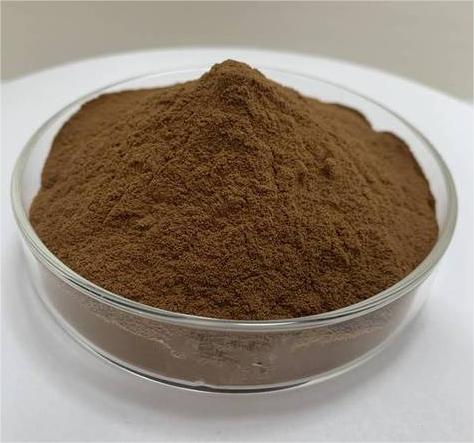
Fine Copper Powder 995 Pure Specification Superfine Dispersal Cu Copper Powder Buyers of Copper Powder HRCU PM03

Nano Diamond Black Powder

Silicon Si powder CAS 7440-21-3
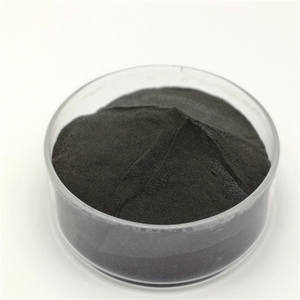
Vanadium Powder V Powder CAS 7440-62-2Van
Introduction of Elementary
Monomaterial powders are substances consisting of a single element in the form of a powder. These powders can be metallic (e.g., iron powder, copper powder), non-metallic (e.g., carbon powder, sulfur powder), or quasi-metallic (e.g., silicon powder). They have a wide range of applications in industry, research and daily life.
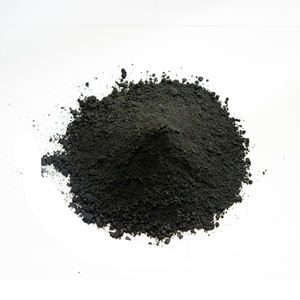
Characteristics and advantages of Elementary
High purity: Monatomic powders are usually of high purity, which makes them useful in applications requiring specific chemical properties.
Large surface area: The powder form increases the surface area to volume ratio of the material, which improves chemical reaction rates.
Processability: Due to their fine particle size characteristics, monolithic powders are easy to mold, press, sinter, and other processing treatments.
Highly reactive: Compared to bulk materials, monolithic powders are more chemically active because they react more readily with other substances.
Controllable particle size: Monolithic powders of different particle sizes can be obtained through different preparation methods to meet various application requirements.
Specifications of Elementary
| Parameter | Description |
|---|---|
| Element Name/Symbol | Depends on the product |
| CAS Number | Depends on the product |
| Purity (%) | Depends on the product |
| Particle Size Distribution (PSD) | Depends on the product |
| Morphology | Depends on the product |
| Surface Area (m²/g) | Depends on the product |
| Bulk Density (g/cm³) | Depends on the product |
| True Density (g/cm³) | Depends on the product |
| Tap Density (g/cm³) | Depends on the product |
| Flowability | Depends on the product |
| Oxygen Content (%) | Depends on the product |
| Moisture Content (%) | Depends on the product |
| pH Value | Depends on the product |
| Electrical Conductivity (S/m) | Depends on the product |
| Melting Point (°C) | Depends on the product |
| Boiling Point (°C) | Depends on the product |
| Thermal Conductivity (W/m·K) | Depends on the product |
| Coefficient of Thermal Expansion (CTE) (1/°C) | Depends on the product |
| Magnetic Properties | Depends on the product |
| Chemical Reactivity | Depends on the product |
| Solubility in Water | Depends on the product |
| Safety Data | Depends on the product |
| Storage Conditions | Depends on the product |
| Packaging | Depends on the product |
Applications of Elementary
Metallurgical industry: used in alloy manufacturing, metal injection molding, etc.
Electronic industry: such as the production of semiconductor devices in the conductive layer or as a catalyst.
Chemical industry: used as catalysts or raw materials in chemical synthesis processes.
Medical and health care: Some monomer powders can be used as drug carriers or biocompatible materials.
New energy: e.g. lithium battery anode and cathode materials, fuel cell catalysts, etc.

Company Profile
RBOSCHCO Technology Co., Ltd. is committed to technology development, applications of nanotechnology and new material industries, with professional experiencein the nano-technology research and development and the application of materials.especially for 3d printing powder, 3d printing metal powder, 3d printing powder supplier, 3d printing for titanium powder, 3d printing plastic powder.
If you want to know more about Elementary, please feel free and contact us: tech@nanotrun.com

Package of Elementary
25Kg woven outer bag lined with plastic bag, stored at room temperature away from light, moisture and rain.
Storage of Elementary
Paper plastic composite packaging lined with plastic bags.
FAQ about Elementary
Q: How to choose the right monomer powder for a specific application?
A: Selection should take into account factors such as the purity, particle size
distribution, morphological characteristics and cost-effectiveness of the powder, and the most suitable product should be decided according to the requirements of specific application scenarios.
Q: How to ensure the safety of single powder?
A: Appropriate protective measures should be taken when handling monomaterial powders, such as wearing masks and gloves, working in a well-ventilated environment, and avoiding inhalation or contact with the skin. For flammable and explosive powders, special attention should also be paid to fire and explosion prevention.
Q: Are monomer powders easily oxidized?
A: It depends on the specific element. Some active metals such as iron and aluminum oxidize rapidly when exposed to air; non-metals such as carbon are much more stable. To prevent oxidation, the powders can be stored in dry sealed containers and protected with inert gas.
Q: What are the price factors for monomer powders?
A: Prices are affected by a number of factors including, but not limited to, the cost of raw materials, technical difficulties in production, market demand, and availability. Powders made from rare elements are usually more expensive.
Q: Can monomaterial powders be recycled?
A: Many types of monolithic powders can be recycled, especially in metallurgical and electronic scrap processing. Recycling not only reduces the waste of resources, but also reduces the risk of environmental contamination. However, the recycling process can involve complex separation and purification steps.
